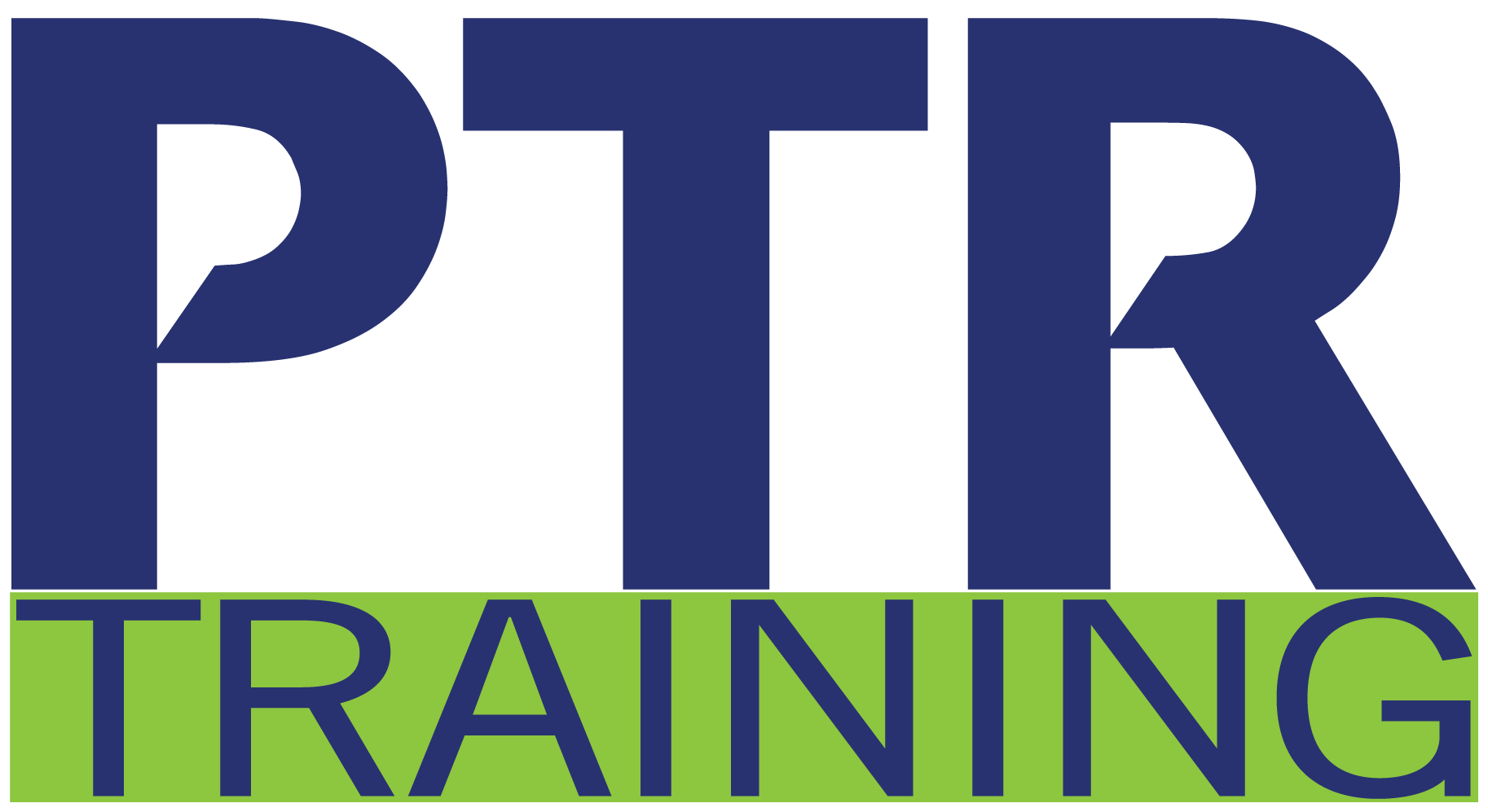Performance management is a strategic approach designed to enhance an organization's efficiency and effectiveness by aligning individual performance with overall goals. In this course, you'll discover the importance and benefits of effective performance management. You'll learn to set clear, measurable goals, evaluate employee performance, provide constructive feedback, and motivate your team. Additionally, we'll explore how to develop long-term performance plans that promote continuous improvement and drive organizational growth. By the end, you'll be equipped with practical tools to cultivate a culture of accountability and success.
Learning Objectives »
- Define performance management.
- Identify the phases of performance management.
- Learn how to assess performance.
- Implement effective goal-setting
- Apply Kolb’s Learning Cycle.
- Recognize the importance of motivation.
Course Agenda
Performance Management Overview
- What is Performance Management?
- Performance Management Tools
- Performance Management Phases
- Performance Assessments
- Performance Reviews
Performance Goals
- SMART Goals
- Monitoring Results
- Establishing Performance Goals
- Strategic Planning
- Leadership Goals
Assessing Performance
- 360-degree Feedback
- Competency Assessments
- Implementation
- What's the Destination?
Learning and Motivation
- Kolb’s Learning Cycle
- Key Factors of Motivation
- Personal Motivators
- Evaluating and Adapting
Ongoing Performance Management
- Performance Journal
- Recording Progress
- Maintaining Trust
- Performance Coaching
- Constant Evaluation
- Long-Term Performance Plans





